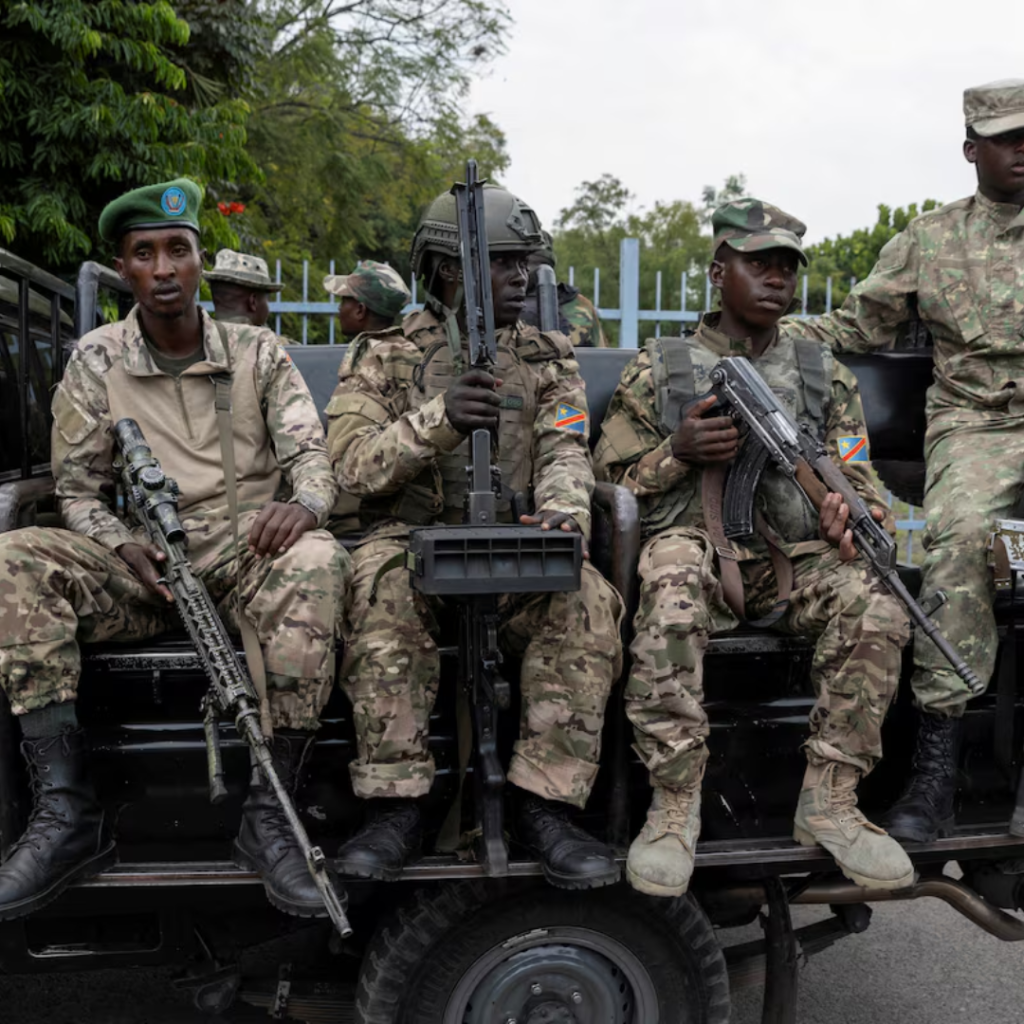Information
The Democratic Republic of Congo (DRC) and the rebel group M23 are scheduled to hold peace talks in Angola on March 18, following months of mediation efforts led by Angolan President Joao Lourenco. Previously, the Congolese government refused direct negotiations with M23, with Prime Minister Judith Suminwa Tuluka insisting that talks should be held with Rwanda instead, accusing the neighbouring country of violating Congo’s sovereignty by supporting the rebels — an allegation Rwanda denies. The conflict has intensified, with at least 7,000 reported deaths in the past two months, though this figure has not been independently confirmed.
The situation worsened in January when M23 seized Goma, a key city in eastern Congo known for its mineral wealth. M23, active since 2012, has also faced accusations from Human Rights Watch of attacking journalists and media workers, claims the group denies, calling them an attempt to spread misinformation. They assert their support for press freedom and claim they remain open to both local and international journalists. Despite ongoing violence and political tensions, the upcoming talks in Angola mark a rare step toward dialogue, though the outcome remains uncertain given the deep-rooted distrust between the DRC and Rwanda.
Source: AFP, AP
So what
Though a positive step, it is unlikely that this will be a quick solution due to the historical tensions between the DRC, M23 and their almost certain backers, Rwanda. One of the reasons M23 claim they have retaken Goma is due to the unresolved issues from the original peace agreement in 2009 and then again in 2012 when M23 last took control of Goma. Due to this history, it seems unlikely that a new agreement will be easily reached, particularly as M23 currently hold two large cities, substantially more area than last time.
Follow us to join the intelligence community!

